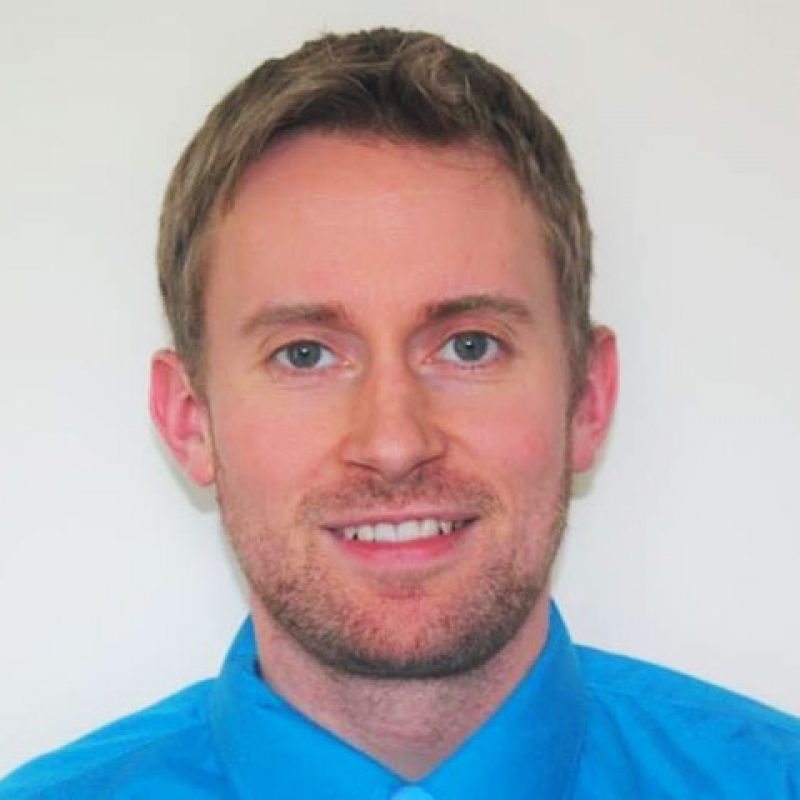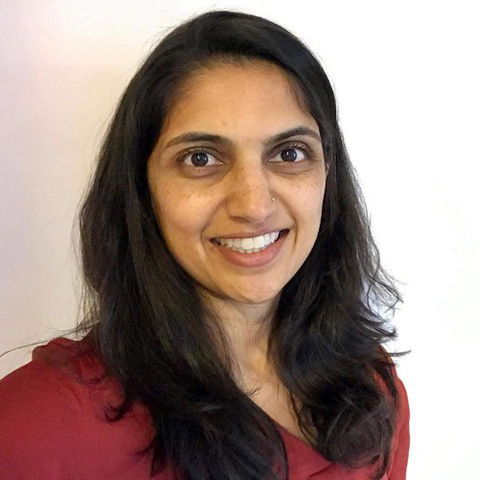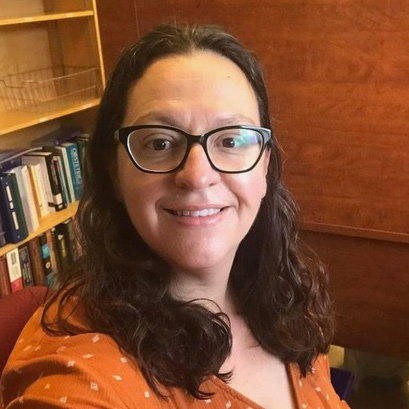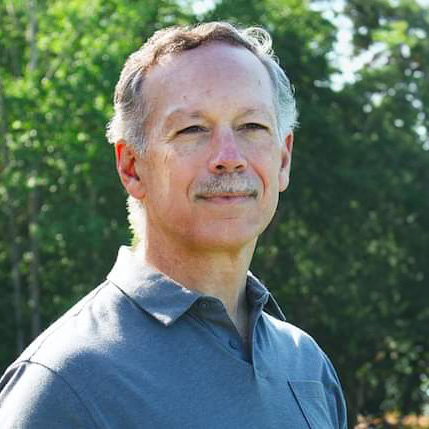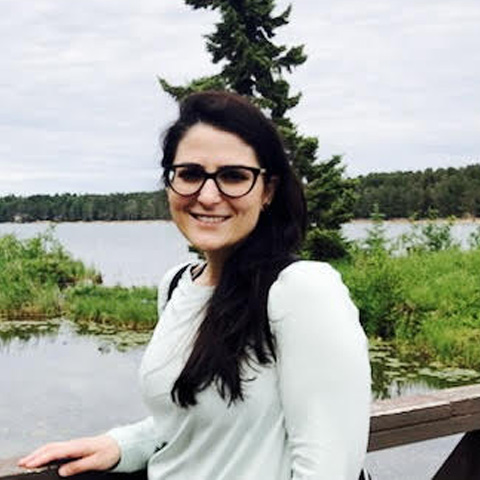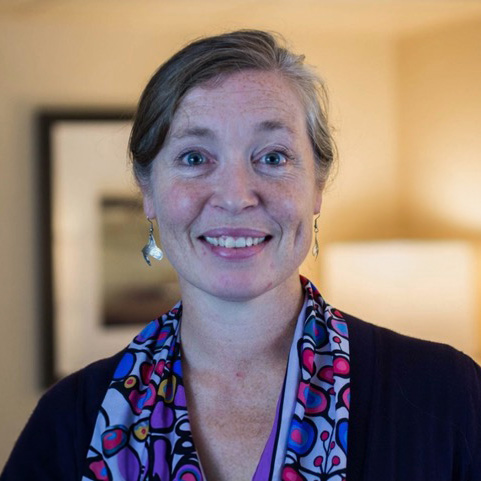Ryan Patchett-Marble first came to Northern Ontario as a resident in 2011. Not knowing the north, he heard good things about rotations in a small town called Marathon so chose to do a placement here. He had a fantastic experience, so came back again the following year as a PGY2. After that, he made the decision to start fulltime, independent practice here upon completion of residency in 2013. He met his wife here, had 3 kids, and now calls Marathon home!
His favourite part of his practice (and life) here in Marathon is the team and the flexibility. There has been the flexibility to adjust his work hours up and down to accommodate personal and “extracurricular” commitments. What makes the flexibility, and goes hand-in-hand, is the team. The group of physicians work well together, and prioritize the working and personal relationships as a group. That foundation has given team members the flexibility and support to provide high quality care here and follow their passions.
He has a wide range of interests outside of his rural primary practice (ER, hospitalist, family medicine):
- Research: there is a burgeoning research team here with a full-time research associate and a steady stream of students. Ryan has been principal investigator for numerous studies, most recently assessing group ketamine for healthcare workers and first responders with depression/PTSD/burnout, and assessing barriers to access of psilocybin for those with life-threatening illness. Research includes collaboration with larger research institutions including McGill University and Vancouver Island University. List of publications can be found here.
- Innovation: one of the best parts of working in a rural environment, with the infrastructure support here in Marathon, is the capacity to innovate. There is very little “red tape” and if one has a will, there is a way. Previous innovations have included designing, implementing, evaluating and refining everything from urine drug testing in patients with chronic non-cancer pain prescribed opioids (http://harmsprogram.ca/), to medical simulation in rural environments (www.practiss.ca), a PBL platform for rural environments (https://pbl.practiss.ca/), to rural human resources during COVID, and currently to implementing psychedelic therapy in frontline (rural) healthcare. These have led to four publications, listed above, with more in the works.
- Teaching: Ryan is a preceptor for some of the residents and medical students that regularly come through. He presents far and wide on ketamine and psilocybin as an area of expertise and growing interest. In addition, he coordinates monthly CME rounds at the hospital where a guest speaker presents and lunch is provided for any hospital and clinic staff in attendance. He also either leads or helps coordinate monthly medical simulation rounds at the hospital where nurses, physicians and learners can join in high-yield simulation learning using the PRACTISS platform.
- Psychedelics: Ryan has been a leader in the early adoption of psychedelic therapy. He has completed international training and certification in psychedelic-assisted therapy, including ketamine/psilocybin/MDMA. He treated one of the first people in Canada with psilocybin (case-report above). He is part of a local group of 10-12 healthcare providers, called Breaking Trail, who provide psychedelic therapy for patients and healthcare providers/first responders. Their cutting edge work using group models to provide psychedelic therapy has led to fantastic early results (publication in process). They work closely with other innovators and academic leaders across Canada as they innovate in this new area of mental health. They are not accepting open referrals, but have their next healthcare worker/first responder cohort with PTSD/depression/burnout planned for spring 2025.
- Addictions: Ryan is the physician lead for the Rapid Access Addictions Medicine clinic and has his CCFP (AM). It has always been a passion of his, and he is proud of the growing team and space the clinic is devoting to this undervalued area of healthcare.
- Stress testing: he spent some time at the Ottawa Heart Institute and now does exercise stress testing at the local hospital several times per year to meet the need of the local communities to prevent unncessary travel to Thunder Bay.
The best part of living in Marathon is the opportunity to head out to a beautiful park (Pukaskwa National Park or Neys Provincial Park especially) within minutes. Ryan wonders if there is a place on Earth with cleaner air, water and space?

